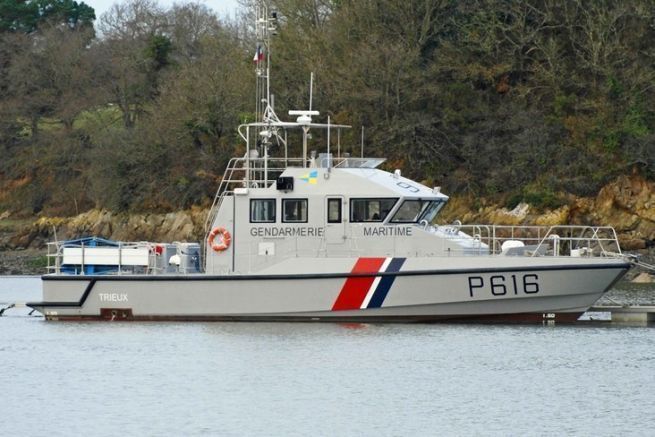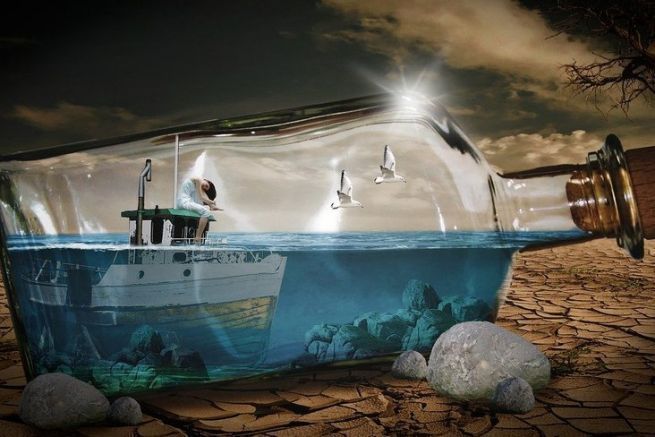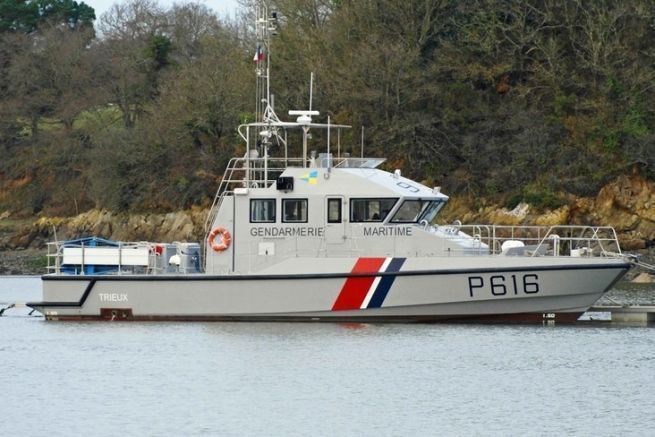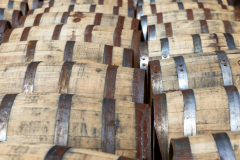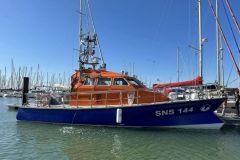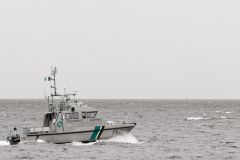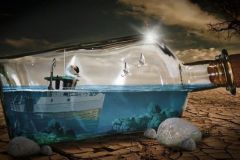We met with the Gendarmerie Maritime de Saint-Malo. Squadron Leader Francis Hermitte, commander of the Maritime Gendarmerie Company of Brest (on which Saint-Malo depends) and Major Alain Wiemann, commander of the Saint-Malo Brigade answered our questions. Although the situation of alcohol consumption on our pleasure boats is not dramatic, alcohol always has an impact on the safety of pleasure boating.

Lack of regulation to verbalize
Squadron Leader Francis Hermitte: " The regulations do not define a limit for boaters beyond which the person boating is no longer able to do so, as is the case for cars. This creates a situation in which, in the event of a claim, the only judge will be the insurance company. In its general conditions, the insurance company will always include the notion of the ability to drive, which some people are too quick to translate into having a licence. This is not the case: the ability to navigate is the state of a person, at a given moment, which puts him or her in a position to handle his or her boat or not. And since there is no legal limit, it is the alcoholic impregnation that will be taken into account. "
Real impact on the ability to navigate safely
" The absorption of alcohol has in all cases an impact on the at least motor skills of the person who has been drinking. The first difficulty is that the balance will actually be worse. On a boat, it will be an important vector of fall, potentially to the water. Secondly, the ability to react is altered, whether it is a matter of reacting to a navigational event such as a collision or a risk of collision, or an onboard event such as another crew member falling into the water, for example. Finally, because of its disinhibiting effect, alcohol will lead to greater risk taking whether it is a question of speed, reduction of pilot's foot, failure to wear the circuit breaker or conventional safety equipment. The alcoholic boater will always tend to overestimate his abilities and skills, sometimes too much. "
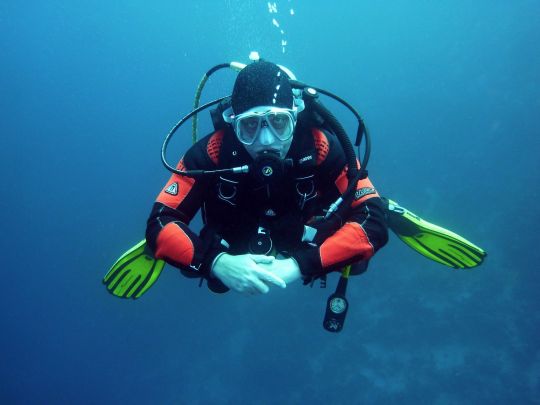
" Sporting abilities are greatly diminished. Alcohol makes you cold and a fall under water under the influence of alcohol can quickly become a major accident. A boater who falls into the water may not always be able to reach the shore. I'm not talking about the divers. It is unimaginable to even think of diving while having drunk some alcohol. Scuba diving requires absolute awareness of one's environment and mastery of one's activity. "
" We cannot say that alcohol triggers accidents, we do not have any statistics to that effect, but the most serious accidents too often occur under the influence of alcohol. "
The one who steers is the one who doesn't drink!
On the subject of prevention, Commander Hermitte explains: " We meet and propose to meet, every year before the start of the season, the managers of the yachting associations, the presidents of the nautical resorts or sailing clubs, to explain and rehearse the identical principle of the automobile : the one who crosses the line is the one who doesn't drink . However, the sea remains an area of freedom in which rules are difficult to apply coercively. Awareness must come from the users themselves, a method identical to that used in cars is materially impossible. All the actors are aware of the risks, but few are aware of the fact that there is no legal alcohol limit to cross the road ."
On the professional side
Quick focus on professionals for whom legislation is in place that allows for enforcement. " The working environment has changed since the implementation of the alcohol legislation. Alcohol has almost disappeared, but it has been replaced by other psychoactive substances, with cannabis in the foreground. "
What our interlocutors are saying is neither moralizing nor guilt-tripping. It gives the position of the authorities, who too often pick up the bodies and suffer the full effects of alcohol on board. The reminder of common sense and intelligence remains the only guarantee of a fun and friendly boating experience, without taking unnecessary risks.
